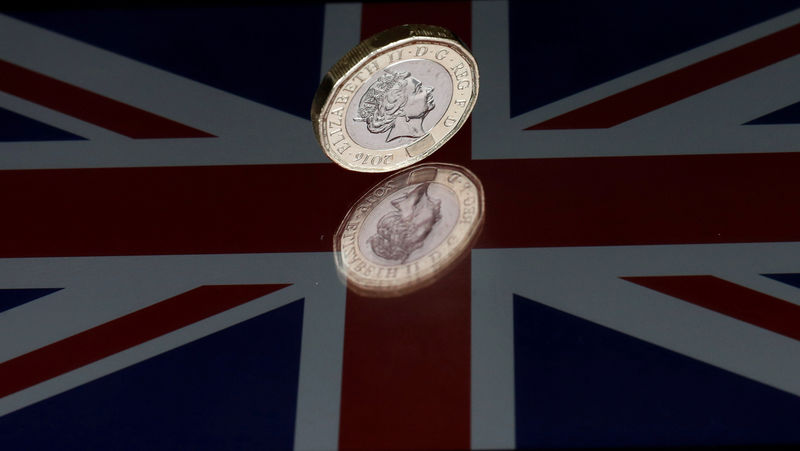(Bloomberg) -- The pound’s reaction to a decision by the U.K. and European Union over trade will probably be more volatile now that liquidity across global currency markets has diminished ahead of Christmas.
If there’s a trade agreement, “there will be more demand for the pound than the market can absorb in such a thin market, so we’ll see spikes but it will level off over time,” said Bob Stoutjesdijk, a Rotterdam-based fund manager at Robeco Institutional Asset Management.
He sees the pound surging as much as 3% on a deal before ending the day up 2%, and tumbling up to 4% if talks collapse, because investors are long on sterling. The currency on Wednesday climbed 0.6% to $1.3434 as of 11:01 a.m. in London.
The pound is already trading in turbulent territory as the time for a deal runs out. Volatility over the past week is near the highest since March, when the coronavirus roiled global financial markets. At 14%, it’s nearly double that of the euro-dollar pair. And its implied volatility beats all other currencies, save Brazil’s real and Turkey’s lira.
The seasonal pattern adds fresh drama for traders already grappling with a year-end deadline for reaching a trade deal and the economic fallout from the coronavirus pandemic. Activity in options is also running well below recent averages, as interest for over-the-counter trades is next to zero while liquidity remains scarce, according to two Europe-based traders.
“Lower volumes equal higher volatility on any news,” said Luke Hickmore, a fund manager at Aberdeen Standard Investments who helps manage 35 billion pounds ($47 billion).
©2020 Bloomberg L.P.
